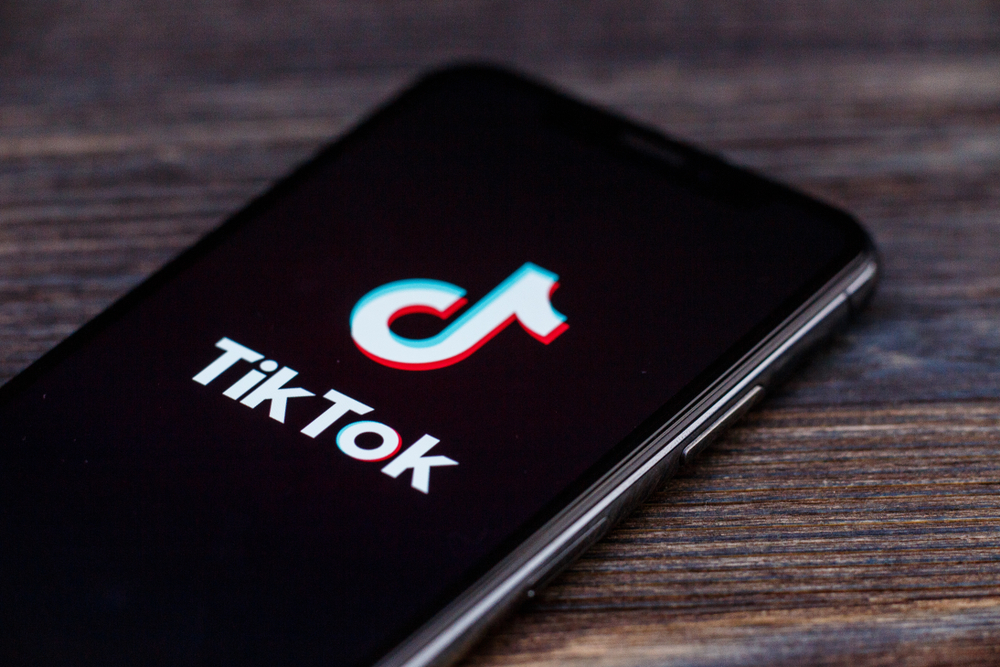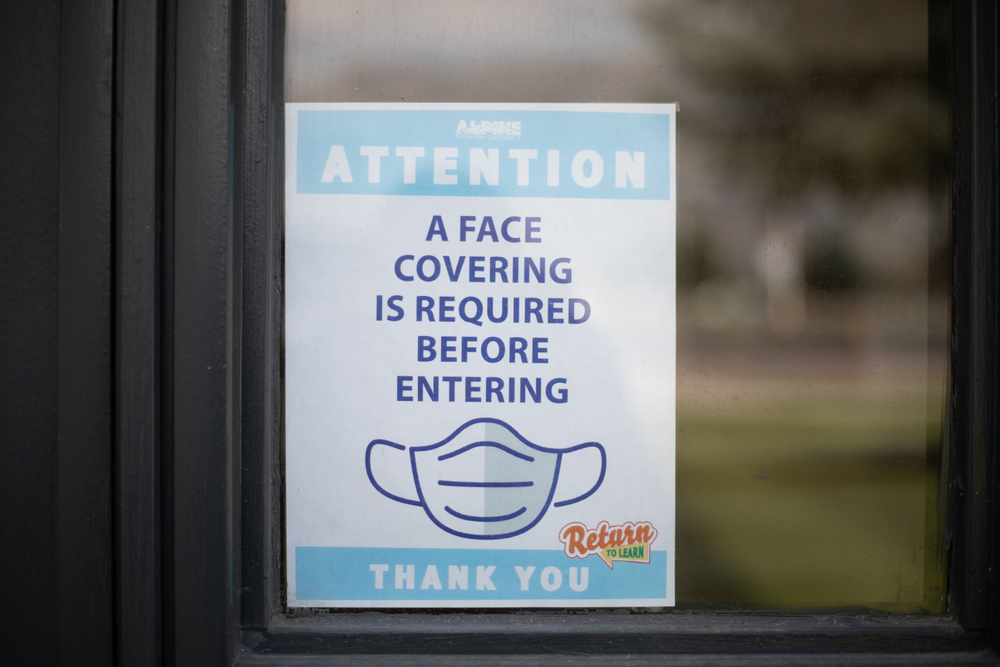When Fox News’ Laura Ingraham asked Secretary of State Mike Pompeo this month whether the United States was considering a ban on some Chinese apps, including the hugely popular TikTok, Pompeo acknowledged it was something the administration was “looking at.”
But while Pompeo warned Americans they should download the app only if they want their “private information in the hands of the Chinese Communist Party," he didn’t elaborate on what concrete action the government might take to ban an app.
“‘Ban’ can mean a whole bunch of different things,” said Kurt Opsahl, Deputy Executive Director and General Counsel for the Electronic Frontier Foundation, a nonprofit digital rights organization.
It could range from legislation requiring users to delete or stop using the app, an action that would raise First Amendment concerns, to banning the government from spending federal money on the app, as it did with Chinese telecommunication firms Huawei and ZTE, Opsahl said.
In the latter case a ban might be relatively toothless, since unlike with Huawei and ZTE, Opsahl said there’s not a high chance the federal government is currently spending much money on TikTok.
RELATED: Trump Administration’s reversal on international students brings relief to many
RELATED: Coronavirus, legal issues change landscape for college boards
The House recently voted 336-71 to pass the National Defense Authorization Act, which includes among its amendments a prohibition on TikTok on federal devices. And as early as last December, both the U.S. Army and Navy forbid their service members from using the app on government phones.
“It’s not very controversial for the government to say what sort of software you can and can’t have on a government-issued phone,” Opsahl said.
For average Americans, a stricter ban would be more intrusive. If the government legislates that users are banned from using the app, or if it forbids Apple’s App Store or Google Play store from continuing to distribute the app, Opsahl said he would be concerned that users’ First Amendment rights would be violated.
Opsahl said the federal government also might consider using the Emergency Powers Act, which allows the president to regulate international commerce in an emergency situation, though that avenue is complicated because the property in question is intellectual property, such as code.
That type of ban would also restrict freedom of speech, Opsahl said, nothing that while many videos on the app are “prosaic,” like dance or lip-sync videos, some users express political opinions to a large audience.
“My concerns about this are if they are trying to use government powers, including sanctions powers like the (Emergency Powers Act), to affect communications and speech,” Opsahl said. “That’s something that would have to pass judicial scrutiny, constitutional scrutiny.”
The government could also add TikTok to the Department of Commerce’s entity list, said Adam Segal, the Director of Digital and Cyberspace Policy Program at the Council on Foreign Relations.
Being added to the list doesn’t ban U.S. companies from doing business with those companies on it, but it does make it more complicated since it requires special licensing requirements.
Another possibility is that TikTok’s parent company, a Chinese company called ByteDance, could be forced to sell the app, said Segal.
Already, the Committee on Foreign Investment in the United States is investigating ByteDance over its 2017 acquisition of musical.ly, which it merged with its own TikTok the next year.
In a somewhat similar case, last year the committee concluded an investigation by asking the Chinese owners of Grindr to sell the gay daing app, ostensibly over national security concerns, although the panel did not give an official reason for the request. The company sold Grindr in May.
But it’s harder to argue that there are national security concerns with TikTok, Segal said.
“You’d have to make the argument that holding the data of teenagers dancing around is a national security risk,” he said.
Although ByteDance has previously said it’s not considering selling TikTok, Reuters reported that the company is reevaluating its corporate structure. After White House economic advisor Larry Kudlow suggested TikTok would likely start operating as an American company, thereby eliminating many, if not all, of the national security concerns, the company pointed to its previous statement that it was considering corporate changes.
The U.S. government isn’t the first to consider a ban on the app, in whatever form that might take. Earlier this month, India blocked TikTok and 58 other Chinese apps in what it called a “targeted move to ensure safety and sovereignty of Indian cyberspace.”
Chinese apps are targeted in particular, Segal said, in part because the U.S. government wants to diminish China’s ability to project global tech power. TikTok is the first significant Chinese social media app to grow outside of China. The Trump administration has also made Chinese tech a priority, portraying companies as beholden to the ruling Communist Party, Segal said.
“If TikTok were a French company there would be no argument about banning TikTok right now,” he said.
There are concerns about privacy and security on the app, both Opsahl and Segal said, and both experts warned that activists like those involved in the Hong Kong democracy movement might be rightfully concerned about Chinese interference.
TikTok did not respond to a request for comment, but the company has previously pointed to its CEO, American Kevin Mayer, as evidence that it won’t necessarily comply with Chinese government orders.
“We have no higher priority than promoting a safe and secure app experience for our users,” a TikTok spokesperson told various media outlets. “We have never provided user data to the Chinese government, nor would we do so if asked.”
In response to a request for more information on what form a ban might take, a Department of State spokesperson said, “As Secretary Pompeo has stated: ‘Every investment from a Chinese state-owned enterprise should be viewed with suspicion.’”
Because it’s not clear how the administration might proceed with a ban, Opsahl said it’s too early to say if any action might result in a court battle. But Segal said he thinks TikTok will probably fight anything restricting the app’s operation, as Huawei and ZTE are.
“These are the types of actions that we generally oppose when China does it to U.S. companies,’’ Segal said. “It certainly seems as if the United States is adopting similar arguments about speech platforms as being a national security risk.”












